What are the Different Types of Tanker Trucks?
Tanker trucks are a vital component of the logistics and transportation industry, playing a crucial role in safely and efficiently delivering various liquids and gases. These specialized vehicles are designed to transport a wide range of substances, from water and milk to hazardous chemicals and petroleum products. The design and construction of a tanker truck are tailored to the type of substance it will carry, ensuring safety, efficiency, and compliance with regulatory standards. This article explores the different types of tanker trucks, highlighting their unique features and uses.
1. Fuel Tanker Trucks
a. Gasoline Tankers
Gasoline tanker trucks are perhaps the most commonly recognized type of tanker truck. These vehicles are designed to transport gasoline from refineries and distribution centers to gas stations. They are equipped with multiple compartments to carry different grades of gasoline, ensuring that various types of fuel can be delivered in a single trip. Safety features such as grounding mechanisms, pressure relief valves, and fire suppression systems are critical to prevent accidents during transportation.
b. Diesel Tankers
Similar to gasoline tankers, diesel tankers transport diesel fuel. These trucks often serve construction sites, trucking depots, and other industrial locations where diesel engines are prevalent. Diesel tankers are built to handle the specific characteristics of diesel fuel, including its higher viscosity than gasoline.
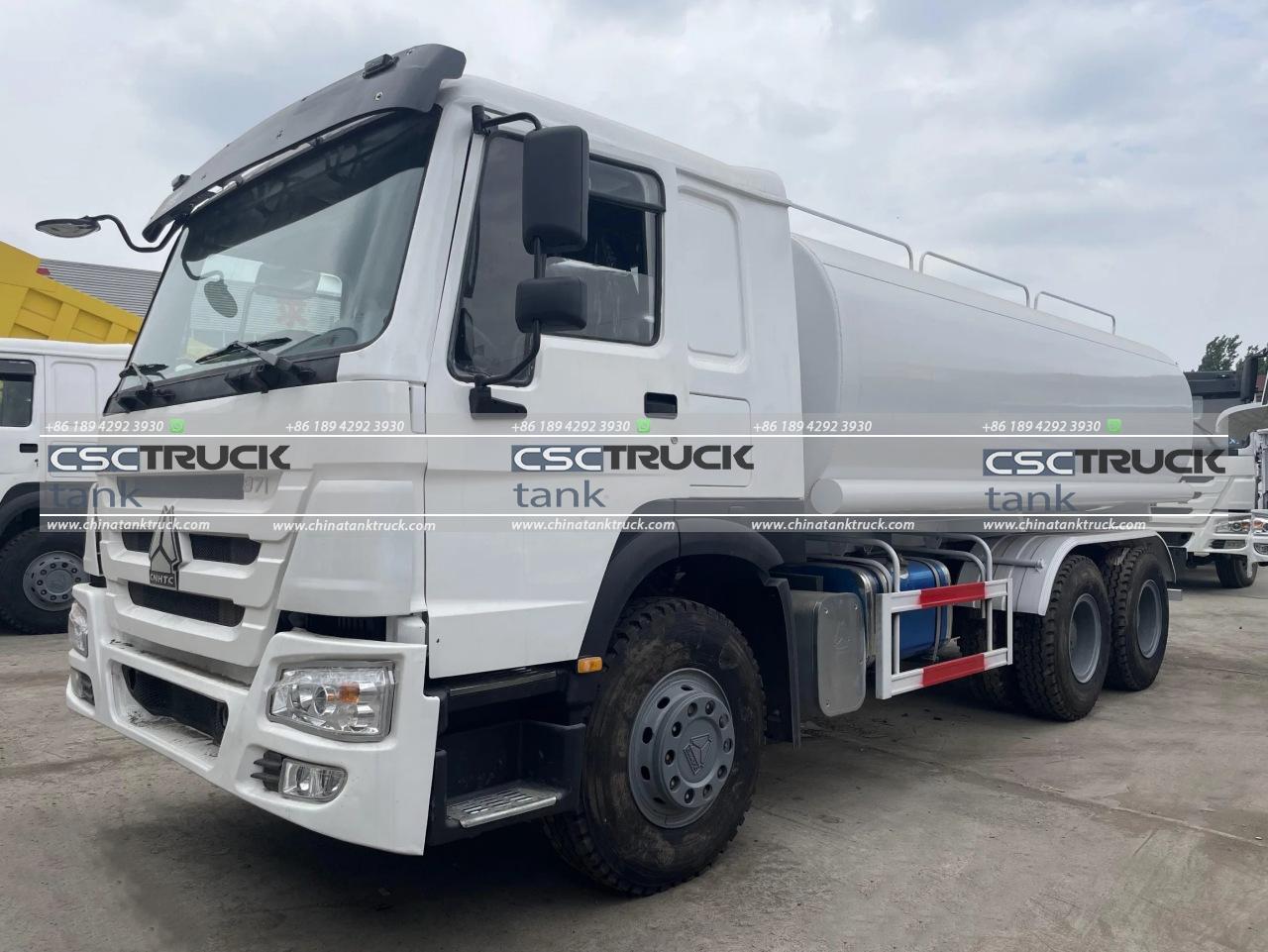
2. Chemical Tanker Trucks
Chemical tanker trucks are designed to transport hazardous and non-hazardous chemicals. These vehicles must adhere to strict safety and regulatory standards to prevent leaks, spills, and contamination.
a. Acid Tankers
Acid tankers transport highly corrosive substances like sulfuric acid, hydrochloric acid, and nitric acid. These tankers are constructed from materials like stainless steel or lined with specialized coatings to resist corrosion and ensure the safe transport of these dangerous chemicals.
b. Caustic Tankers
Caustic tankers carry alkaline substances like sodium hydroxide (caustic soda) and potassium hydroxide. These chemicals can cause severe burns and damage upon contact, necessitating robust containment systems and safety measures.
c. General Chemical Tankers
General chemical tankers transport a variety of chemicals, including solvents, fertilizers, and industrial chemicals. These tankers often feature multiple compartments to segregate different substances and prevent cross-contamination.
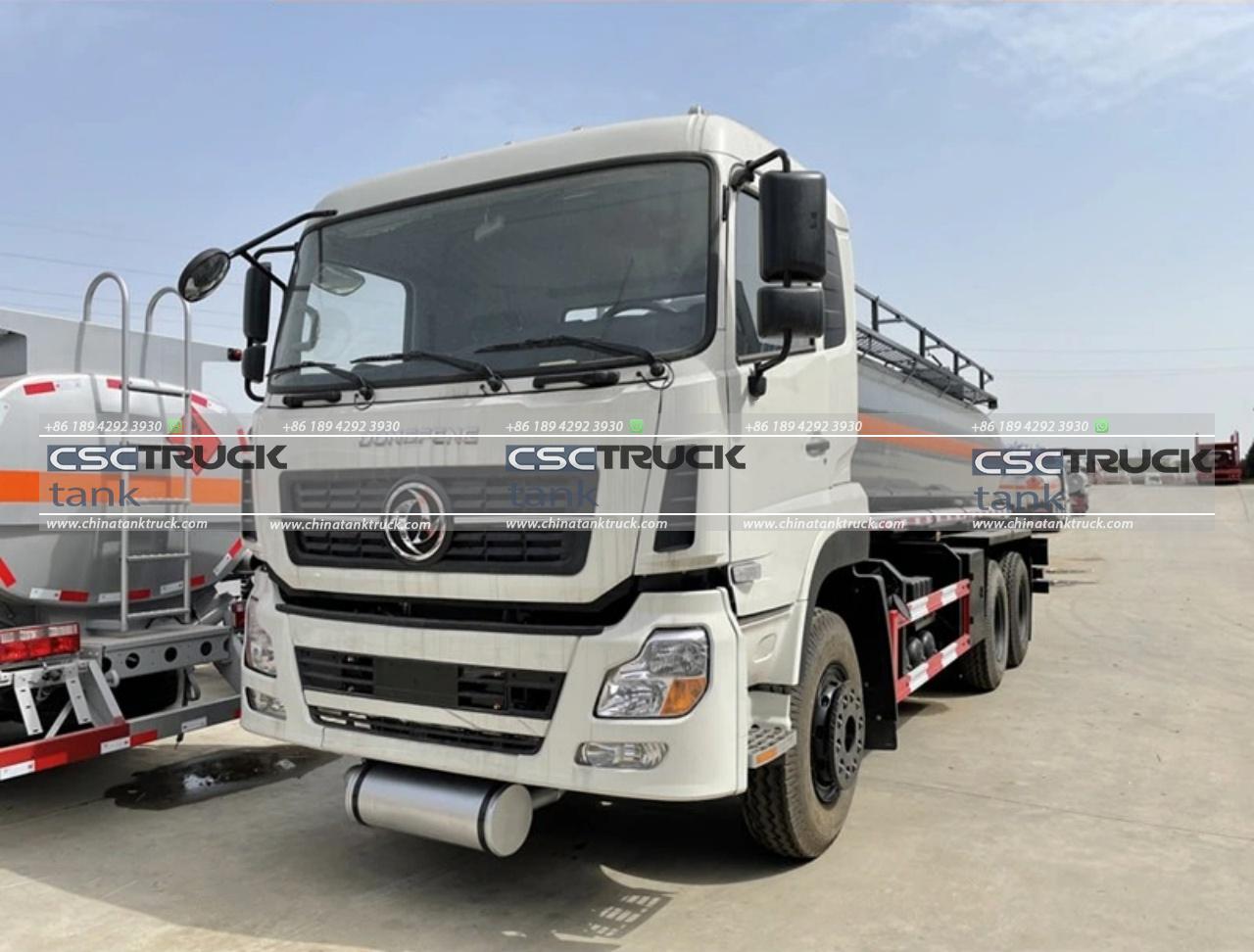
3. Food-Grade Tanker Trucks
Food-grade tanker trucks are used to transport consumable liquids such as milk, juice, and edible oils. These tankers must meet stringent hygiene and sanitation standards to ensure the safety and quality of the food products they carry.
a. Milk Tankers
Milk tankers are designed to transport raw milk from dairy farms to processing plants. They are typically insulated to maintain the milk at a cool temperature and equipped with sanitary fittings to prevent contamination.
b. Beverage Tankers
Beverage tankers transport non-alcoholic and alcoholic beverages like juice, beer, and wine. These tankers must be meticulously cleaned and sanitized to prevent spoilage and maintain the integrity of the beverages.
c. Edible Oil Tankers
Edible oil tankers carry cooking oils and other food-grade oils. The design of these tankers ensures that the oils are kept at appropriate temperatures and protected from contamination.
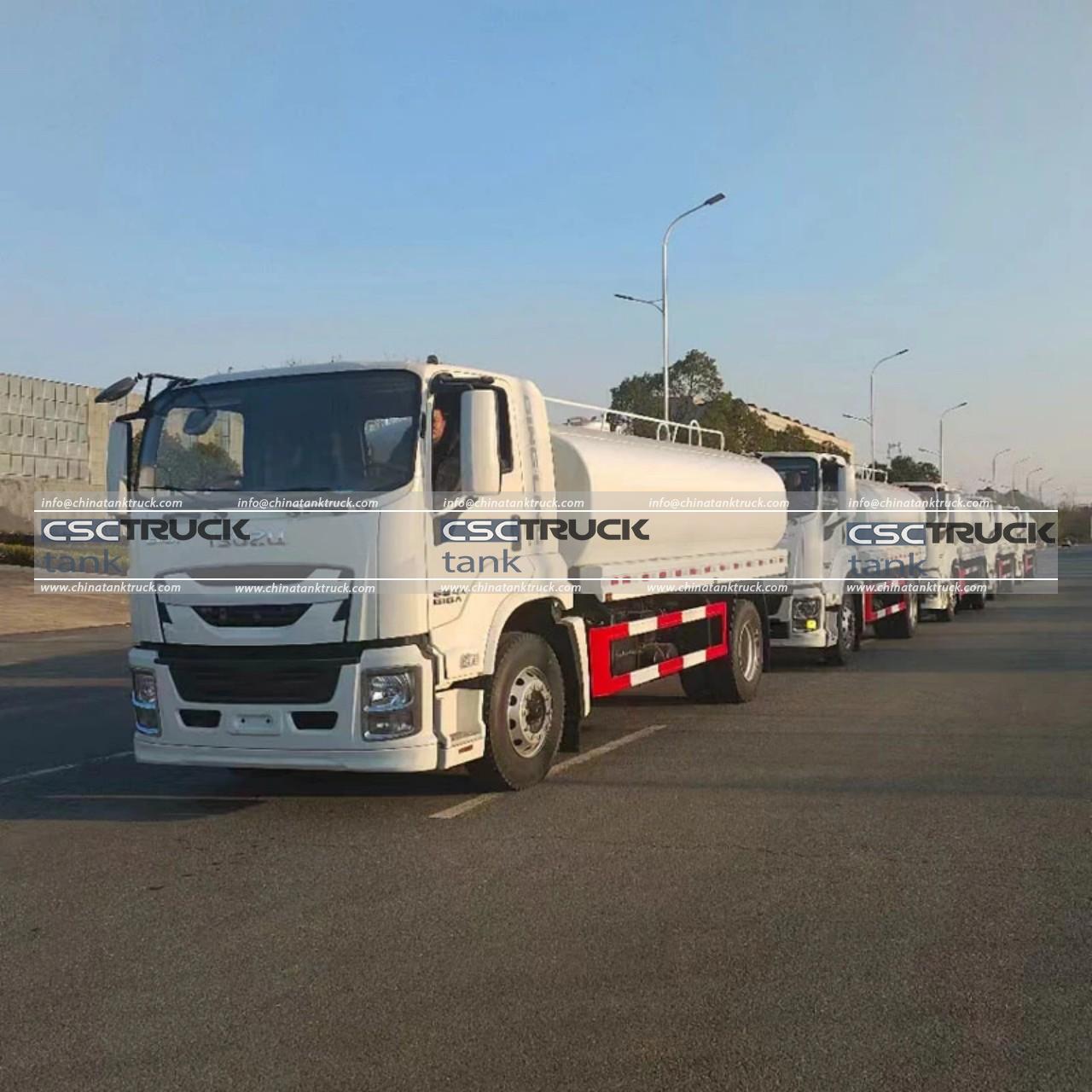
4. Gas Tanker Trucks
Gas tanker trucks transport liquefied gases, which are gases that have been converted into a liquid state for ease of transport. These gases are used in various industries, including healthcare, manufacturing, and energy.
a. LPG (Liquefied Petroleum Gas) Tankers
LPG tankers transport propane and butane, which are used for heating, cooking, and as fuel for certain vehicles. These tankers are designed to handle the high pressure required to keep LPG in its liquid form.
b. LNG (Liquefied Natural Gas) Tankers
LNG tankers carry liquefied natural gas, a fuel used for power generation and as an alternative to diesel in heavy-duty vehicles. LNG tankers are insulated and equipped with cryogenic systems to maintain the low temperatures needed to keep natural gas in a liquid state.
c. Industrial Gas Tankers
Industrial gas tankers transport gases like nitrogen, oxygen, and argon, which are used in various industrial applications. These tankers must maintain extremely low temperatures and high pressures to keep the gases in liquid form.
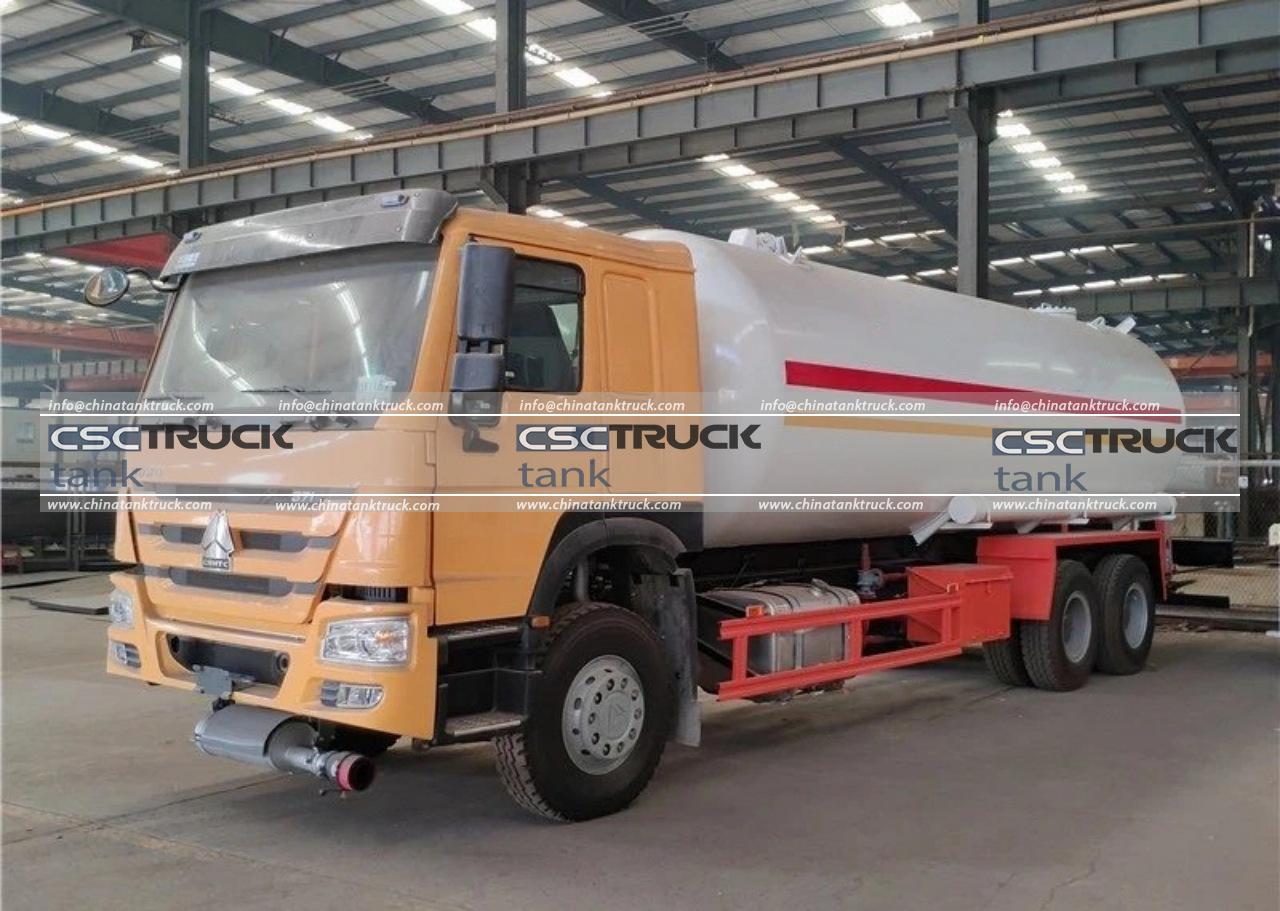
5. Water Tanker Trucks
Water tanker trucks transport large volumes of water for various purposes, including firefighting, construction, and agriculture. These trucks are essential in areas where water is scarce or where immediate water delivery is required.
a. Potable Water Tankers
Potable water tankers carry drinking water to areas where it is not readily available, such as remote locations or disaster-stricken areas. These tankers must be sanitized regularly to ensure the water remains safe for consumption.
b. Non-Potable Water Tankers
Non-potable water tankers transport water for uses that do not require it to be safe for drinking, such as irrigation, industrial processes, and dust suppression on construction sites.
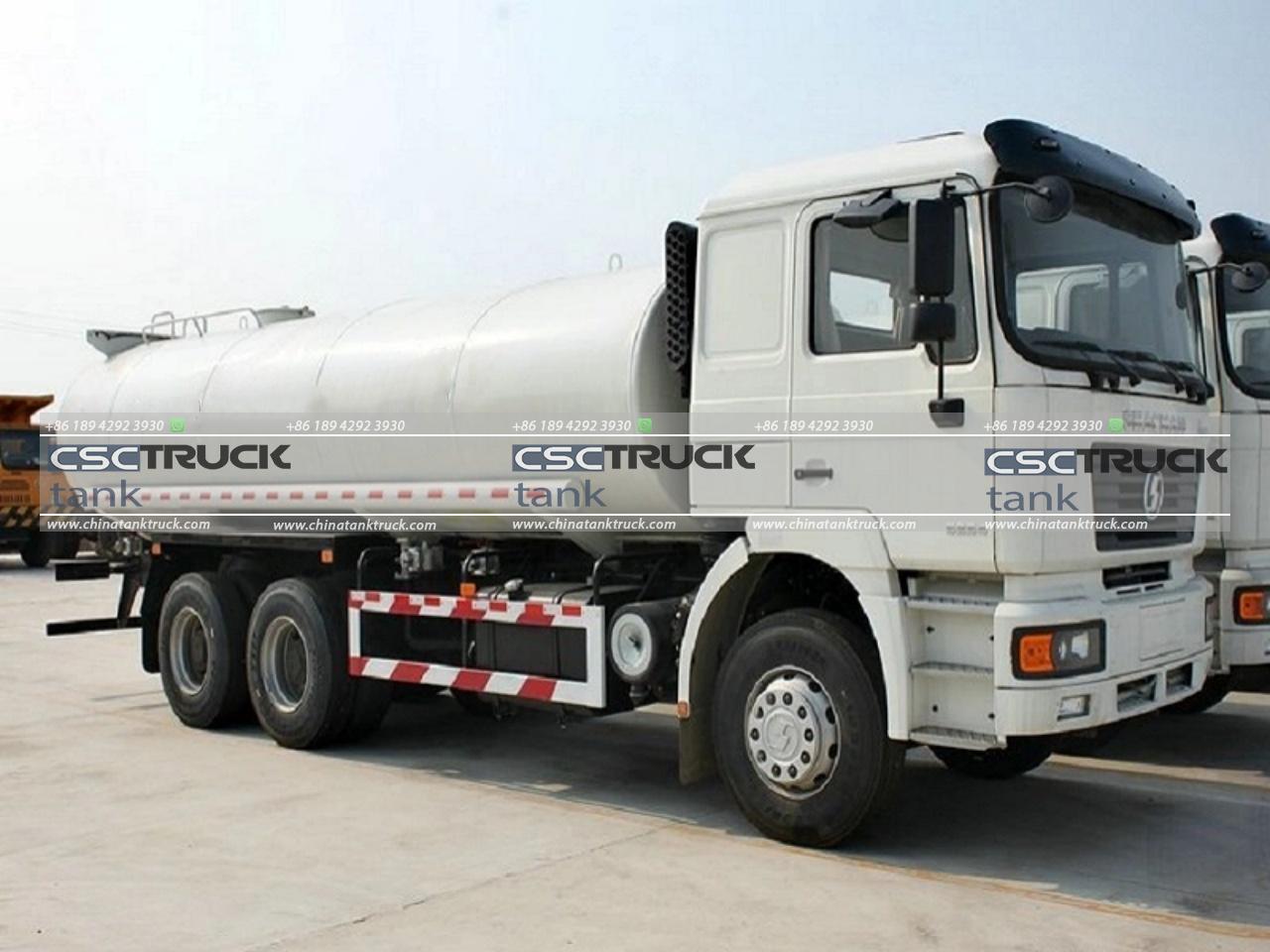
6. Vacuum Tanker Trucks
Vacuum tanker trucks are specialized vehicles used to transport liquid waste. These trucks are equipped with powerful vacuum systems to suck up liquids, sludges, and slurries from septic tanks, grease traps, and industrial waste tanks.
a. Septic Tankers
Septic tankers are used to empty and transport the contents of septic tanks. They are designed to handle the high solids content and unpleasant nature of the waste.
b. Industrial Vacuum Tankers
Industrial vacuum tankers are used in various industries to clean up spills, remove waste products, and transport hazardous and non-hazardous liquids.
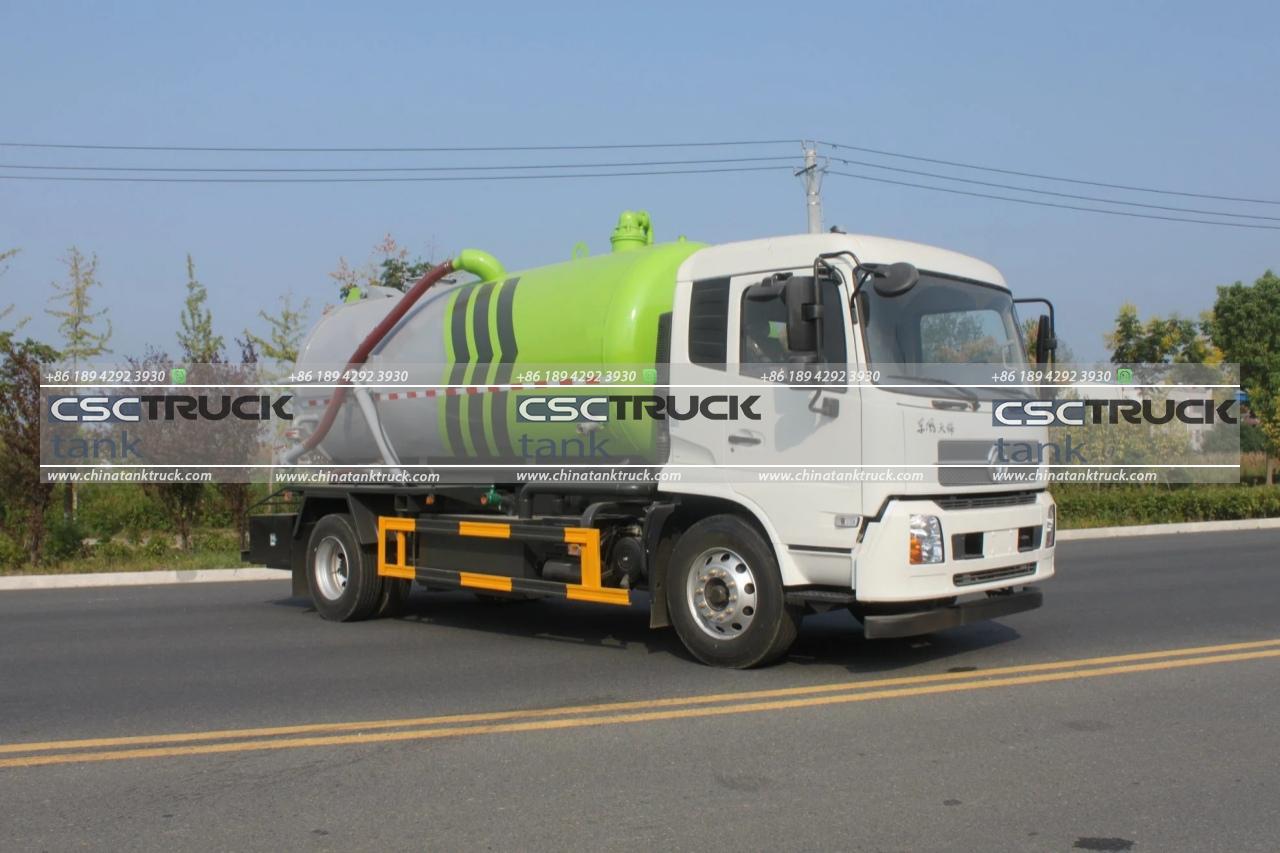
Conclusion
Tanker trucks are indispensable in modern transportation and logistics, enabling the efficient and safe delivery of a wide range of liquids and gases. From fuel and chemicals to food-grade products and water, each type of tanker truck is uniquely designed to meet the specific requirements of the substance it carries. Understanding the different types of tanker trucks and their specialized features is crucial for ensuring safety, regulatory compliance, and operational efficiency in the industries they serve.

